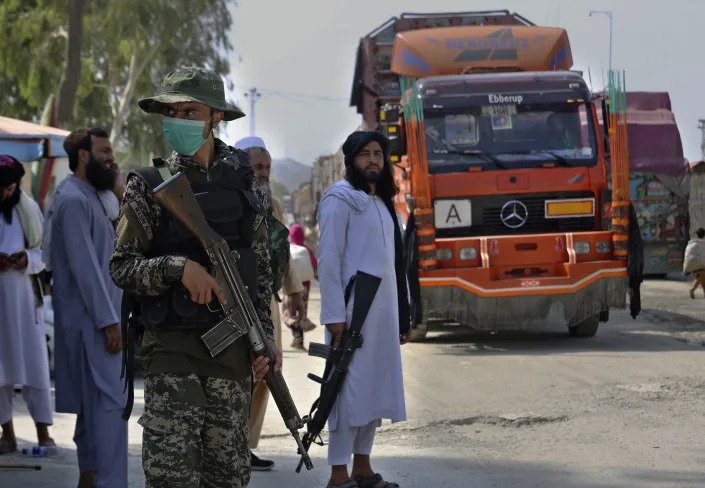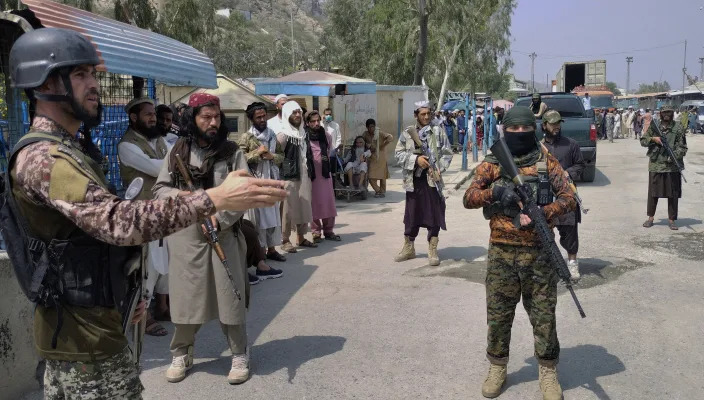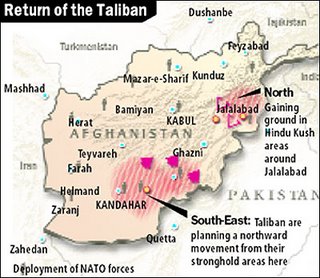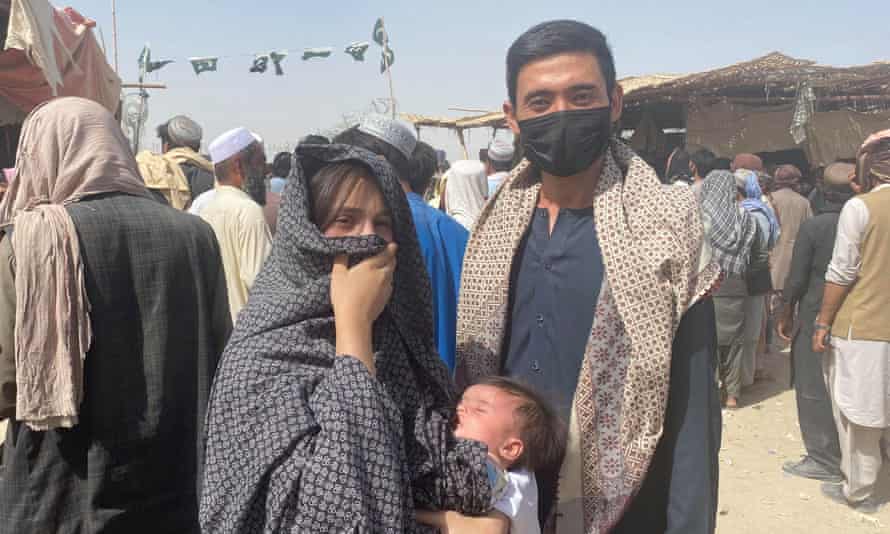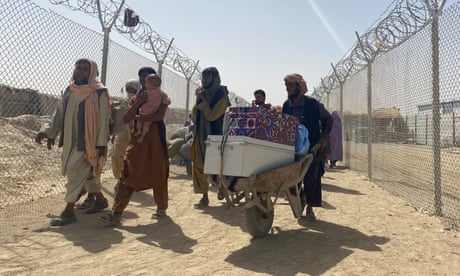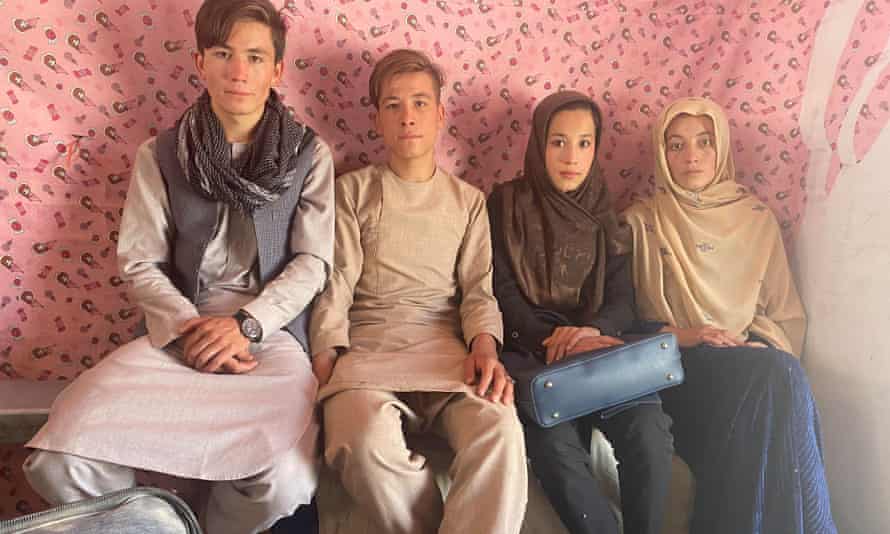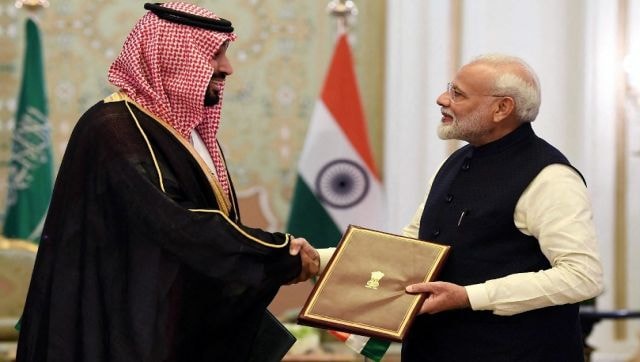
Malala And Greta Thunberg: Two Global Icons Spurned In Their Own Countries – OpEd
By Raza Shahani
Two teenage girls, Malala Yousafzai from Pakistan and Greta Thunberg from Sweden, swiftly came under the global spotlight due to their life-risking campaigns for the girl’s education and the climate change – two noble causes –, respectively. Within the few years of their campaigns, they have succeeded in magnetizing millions to their causes across the world. Thus, they have emerged as the powerful voices echoing on the streets, in the legislative houses and on the international forums world over. However, unfortunately, they are spurned in their own countries, by their own people.
In fact, the Taliban rank and file had escaped to Pakistan in the face of the US attack on Afghanistan in 2001. The Taliban foot-soldiers had gathered in the Af-Pak tribal areas on the Pakistani side. Plus, they kept crossing Af-Pak border back into Afghanistan to attack the US-led coalition forces. This embarrassed the US. The US demanded the Pakistani government to operate against the Taliban gangs. Pakistan succumbed to the US pressure and conducted cleansing operations in 2002. The Taliban retaliated against the Pakistani government. Besides, in the process, the Pakistani Taliban, who used to support the Afghan Taliban against the US, banded together and formed the Tehrik-i-Taliban Pakistan in 2007.
Accordingly, the TTP envisioned overthrowing Pakistani government, to establish caliphate in Pakistan and to institute the Islamic laws. To attain its agenda, the TTP began fighting the Pakistani forces in the Federally Administrative Areas of Pakistan, especially made Sawat Valley the center of its operations. The Taliban demolished state installations, mainly girls’ schools and the hospitals. They banned girls’ education, entertainment activities, and for that matter forbidden women’s walking out of home.
At this time of gloom, Malala Yousafzai, an 11-year-old girl, came out, raised the voice against the Taliban’s demolishing of schools and the other brutalities. Moreover, she was banished to a far-flung area as an internally displaced person in the face of the state forces’ operations against the Taliban militants in her home town. Thus, within a few years, she became a powerful advocate of education, especially of the female education in a region the Taliban swept through. Unfortunately, on Oct 9, 2012, at the tender age of 14, the Taliban gang singled out Malala on a school bus back to her home from the school and shot two bullets in her head.
In fact, even before she was shot, Malala had already assumed fame as an education activist across the globe. Thus, a global sympathy poured out just the news of the Taliban’s shooting her reached the masses. Resultantly, critically injured Malala was hurriedly flown to the Queen Elizabeth Hospital, UK, to receive a perfect treatment. Luckily, Malala survived the Taliban bullets and returned to the normal life after an intense care at the hospital, perfect specialist treatment and many surgeries. But her sacrifice for the protection and the promotion of the girls’ education was duly paid. That incident of shooting her earned her international fame and soon she became a global icon. As a fact, she was revered with an opportunity to address the UN General Assembly in 2013, and she was rewarded with the most prestigious prize in the world – Noble Peace Prize – in 2014.
However, the majority of the Pakistanis, her country fellows, hate her. She is despised and labeled as the stooge of the West, especially of the US and Israel – a typical conspiratorial blame, ubiquitous in Pakistan. On the other hand, the Taliban, their sympathizer and admirer politicians, religious extremist influencers, religious extremist outfits, organizations and their fundamentalist religious philosophies are cherished in Pakistan.
The TTP – an umbrella militant organization – is a feral militant organization. It has wiped out thousands of the Pakistani army soldiers and the common innocent people – children, women and the old. Consequently, The Pakistani army and the air force have been fighting the Taliban militants since 2001, and up to date. However, the Pakistani military hasn’t been able to remove a single head of the Pakistani Taliban. It was the US drone strikes that have been eliminating the successive TTP leadership. The US drone strikes killed the Pakistani Taliban founder, Nek Mohammad and in a series Baitullah Mehsud, Hakimullah Mehsud and many others. Ironically, the Pakistani state, government and the society furiously react to the every US drone attack that kills the Taliban leaders. Needless to say, they had exuded rage upon the killing of the Al Qaeda leader Osama bin Laden as well.
Moreover, Imran Khan who had spent his prime-age-time-period in Europe, America and the non-Muslim world with an entirely western life style unleashed the fury over the killing of the TTP chief, Hakimullah Mehsud who was the butcher. In addition, Khan asked his party government in Khaber Pakhtunkhuwa to pass a resolution the KP assembly to block NATO supply routes to Afghanistan. In a similar fashion, Afia Sidique, a Pakistan citizen who is serving an 86-year imprisonment upon her involvement in killing the NATO forces is held in high esteem and adored with the title “daughter of the nation.
Besides, when the government decided to negotiate the Taliban as they had already shot Malala and killed thousands, demolished schools, hospitals and the other infrastructure worth of millions, the Taliban nominated Khan the one member of their negotiating team. Although Khan had apologized the Taliban to be their team member, he ensured them that he would facilitate the dialogue.
Even though Khan was an aggressively pro-Taliban politician, and the society feared the Taliban most yet he was elected the prime minister in 2018 general elections. Though the Pakistan National Assembly ousted Khan through the vote of no-confidence before he completed his full tenure, he is the most popular politician in Pakistan and is one the top influential in the Muslim world. However, Malala, a noble laureate, can’t move freely in Pakistan.
In fact, like Malala, Greta Thunberg is also a global figure. She is a teenage Swedish girl. She is a climate activist. Her climate campaign has aroused millions to protect the Earth mother. In 2019, she was nominated for the Noble Peace Prize. However, Greta too, like Malala, is disowned in her own country.
Sweden is one of the most democratic, progressive and happiest country in the world. In Sweden, around half a dozen political parties contested the 2022 elections. One of the contestant parties was the Green Party of Sweden, which could secure only 18 seats in the 349 member house. The Green party participated in the last elections with the manifesto promising a clean and green Sweden, and the Europe. However, the results of the elections displayed the surge in the vote percentage for an extremist and anti-migrant party. Thus, as Malala in Pakistan, Greta’s philosophy was defeated in her own country, by her own people.
The societies and the states the usurping communities, classes, groups, outfits and the individuals preponderate and rule hate the truth and the reality. They monopolize the state and the state resources. Since the state resources use to be on their hand, they propagate their usurping ideas, narratives and information effectively compared to any other revisionist socio-political group or individual. In this situation, the resistant socio-political groups and their ideas, narratives and information are suppressed at the state level and loathed in the society. Thus, in these states and the societies the truth is a despicable thing and the fake and the lies are sacralised.
Raza Shahani Teaches at the Department of Pakistan Studies, Shah Abdul Latif University Khairpur, Sindh, Pakistan


